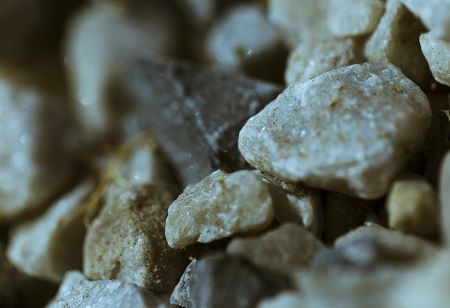
India in Talks with Japan, Vietnam for Rare Earth Imports: Minister
- India is negotiating with Japan and Vietnam for rare earth supplies.
- An incentive scheme for local magnet production is in the works.
- The government is also courting global EV makers for investment.
India is proactively pursuing alternate sources for rare earths, as China has tightened its export controls. The country has been in talks with both Japan and Vietnam to secure these critical materials, said Union Minister of Heavy Industries H D Kumaraswamy.
India is also planning an incentive scheme to support domestic processing of rare earth oxides into magnets, with only a decision expected in 15-20 days. It will take about two years for the scheme to be in place.
"We have had discussions with the mines ministry, and they are working on this issue. We expect to take a final decision within the next 15-20 days", said H D Kumaraswamy.
China imposed export controls in April on seven rare earth elements: samarium, gadolinium, terbium, dysprosium, lutetium, scandium, and yttrium, which are essential for defence, energy and automotive applications.
Also Read: Andhra Eyes ₹1 Lakh Cr Investment in Aerospace, Defence Sector
Exporters in China must now apply for defence licenses for these materials. In light of this, India is considering new partnerships as well as domestic capacity to establish new sources of supply and lower its reliance on China.
The government is still determining how much the necessary subsidy will be, with a range of requests from companies for support coming in from 20% to 50%. If approved, the subsidy will depend on the subsidy amount - proposals under ₹1,000 crore can be approved by the ministers; anything above would need cabinet approval.
On the subject of rare earths, Midwest Advanced Materials intends to provide 500 tonnes by December. India’s rare earth reserves are held by IREL which operates under the Department of Atomic Energy, and has a regular supply capacity of 1,500 tonnes of magnets per year.
The Union Minister of Heavy Industries added, "While there was an understanding that some disruption might occur, recent developments suggest improvement. No reports indicate a halt in production. Fully assembled components can still be imported, and companies are actively working on solutions...We are discussing motors and their components. We may need to explore options if the disruptions persist long term".
And, finally, India is working with global vehicle manufacturers to identify whether they will invest in EV manufacturing. As part of this effort, the Government recently increased the limits of the SPMEPCI scheme to allow OEMs to bring in EVs at a much lower duty, granted they commit to a minimum investment of ₹4,150 crore. Applications are open until October 21, although Tesla has not shown much interest thus far.

.jpg)